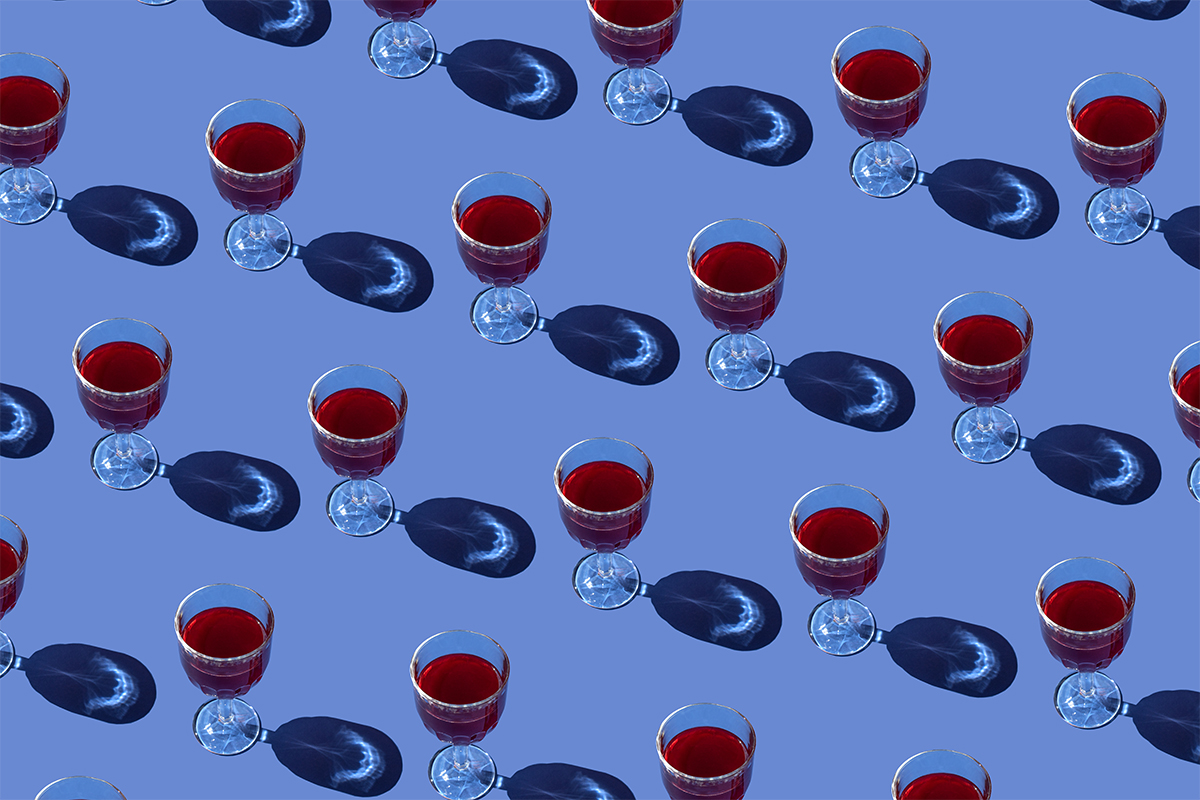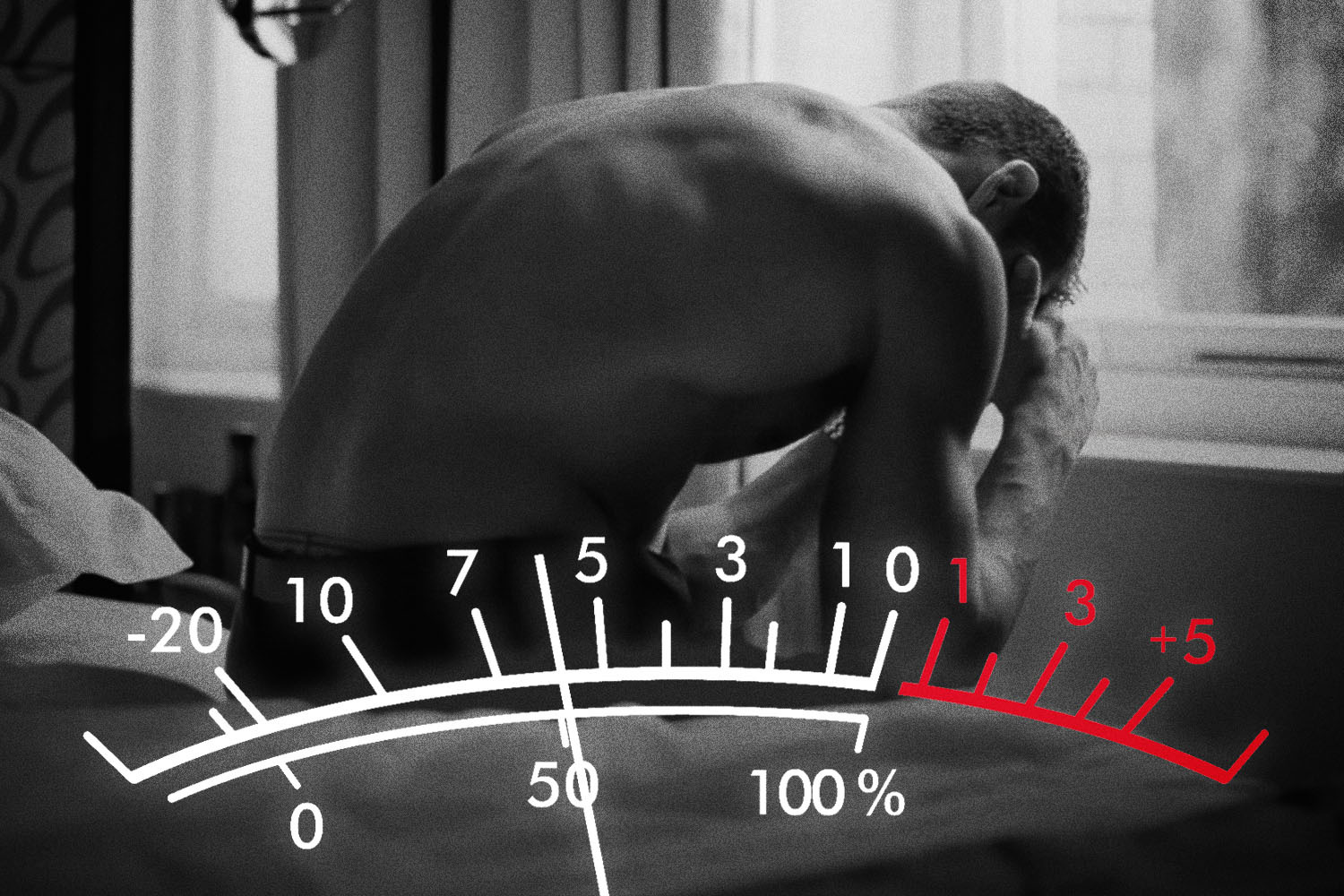Among the American participants in a study published this past February, the percentage of drinking defined as “hazardous” jumped from 21% in April to 40.7% in September last year. That uptick was a direct result of the pandemic — stuck inside, weathering the trauma of lost loved ones, lost jobs and a lost year, people searched for answers in alcohol.
But even since then, as the pandemic has let up and the country has opened up, the drinking hasn’t exactly stopped. It’s just been rebranded, wrapped up in celebration and promises of “the best summer ever.”
Any rise in alcohol use also means a rise in alcohol abuse, though; 17 million American adults aged 18 and older have an alcohol use disorder, and almost 100,000 Americans die from alcohol-related reasons each year, making it one of the most preventable causes of death.
Unfortunately, as outlined in a recent feature in The New York Times, our healthcare system isn’t equipped to help people who are suffering from an alcohol use disorder. Doctors play a limited role in helping patients manage the issue; too often, Americans are forced to find services elsewhere.
Why? Medical professionals tend to view alcoholism as an issue outside their domain. They’re either unsure that they have the correct expertise to treat it, put most of their faith into rehab centers or 12-step programs, or don’t take the disease seriously enough, and believe that patients should “get their act together” and figure it out on their own. In some instances, doctors may only see a need to step in if the issue has gotten extremely dangerous. But as Michael Stahl wrote for us in a recent piece on the “addiction spectrum,” we now know the world isn’t split into people who have a problem and people who don’t. All manner of people with alcohol use disorders could benefit from professional attention.
And, in some cases, a professional prescription. Just 1.6 million Americans have been prescribed medications like acamprosate, disulfiram or naltrexone (pills designed to blunt alcohol cravings), even though they’re proven to work and could legitimately save someone’s life.
For now, the onus is on you, the patient. That’s frustrating, considering you likely already have a ton on your plate. But it’s important to know that there is help out there. Talk to your physician about medication. Recruit a service like Ria Health if the doctor’s office turns into a dead end. Use CheckUp & Choices to get a feel for whether you might be suffering from an alcohol use disorder, and Cutback Coach to monitor your drinking thereafter.
Keep in mind, always, that treating your addiction does not have to result in abstinence — the sooner you realize that, the less intimidating the road ahead will feel.
The Charge will help you move better, think clearer and stay in the game longer. Subscribe to our wellness newsletter today.



















